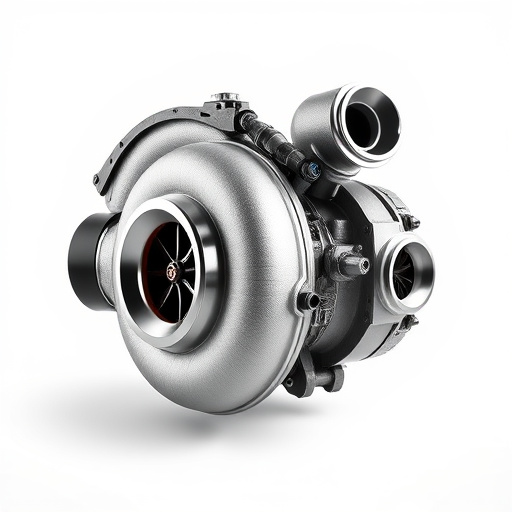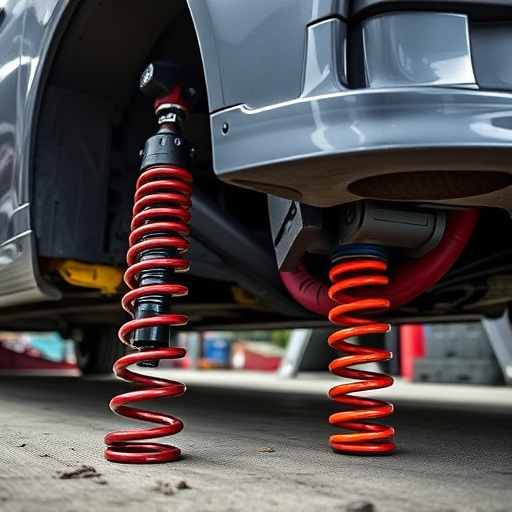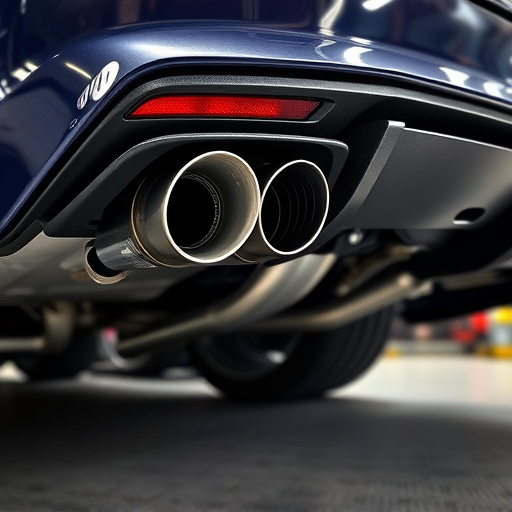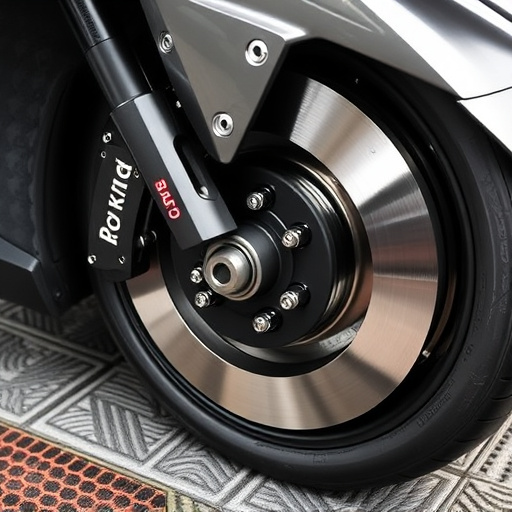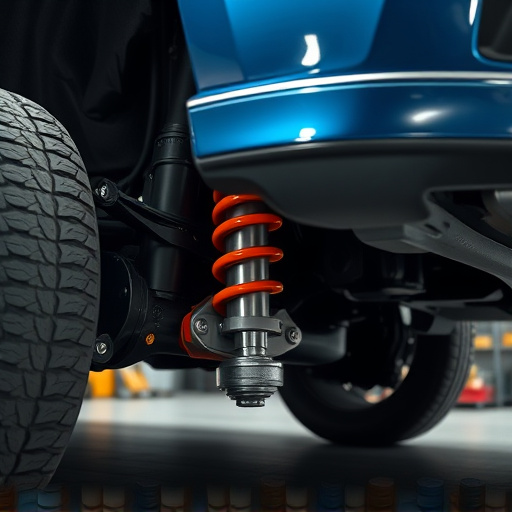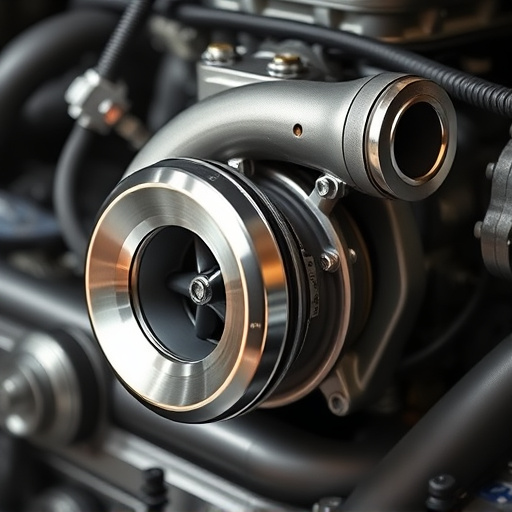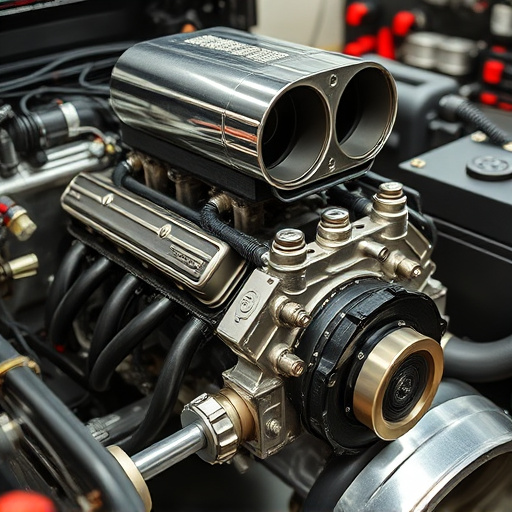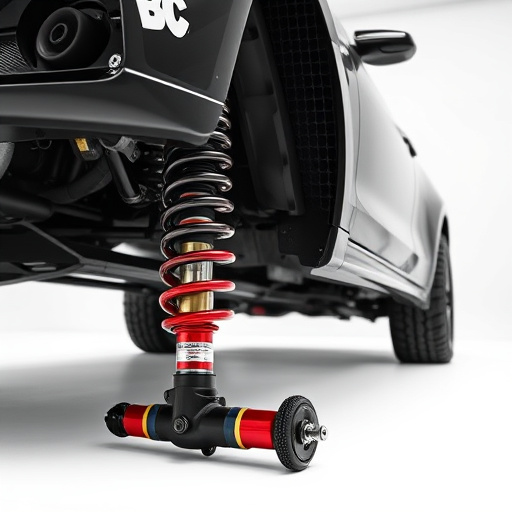Regular maintenance is key for high-mileage vehicles to prevent issues with spark plugs, ignition coils, and engine sensors that impact performance and efficiency. Using high-performance parts and maintaining oil, filters, and brake components ensures optimal engine health, reduces wear on vital parts like pistons and bearings, and prevents costly repairs related to sensor and actuator failures.
In the realm of high-mileage cars, understanding the most commonly replaced engine components is crucial for vehicle maintenance. As vehicles accumulate miles, certain parts are more prone to wear and tear. This article delves into three key areas: worn spark plugs and ignition coils, low-quality or contaminated oil and filters, and failed sensors and actuators. By identifying these common issues, drivers can proactively maintain their vehicles, ensuring optimal performance and extending engine lifespan through informed care.
- Worn Spark Plugs and Ignition Coils
- Low-Quality or Contaminated Oil and Filters
- Failed Sensors and Actuators
Worn Spark Plugs and Ignition Coils
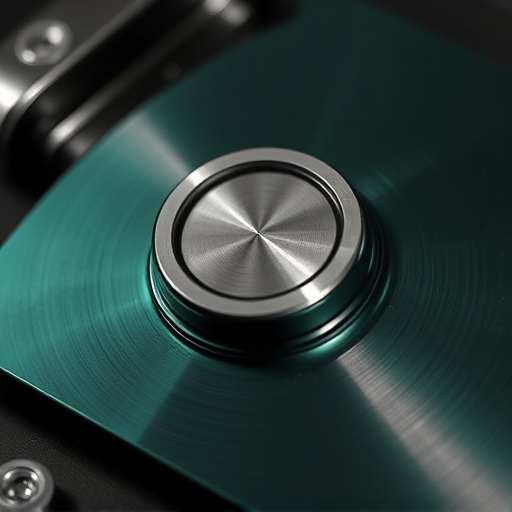
Worn Spark Plugs and Ignition Coils are among the most commonly replaced engine components in high-mileage cars. These vital components play a crucial role in ensuring optimal vehicle performance by facilitating the ignition process, which is essential for smooth and efficient combustion. Over time, spark plugs can become fouled with carbon buildup or wear out, leading to misfires and reduced fuel efficiency. Similarly, ignition coils may experience issues due to extreme heat and voltage fluctuations, resulting in poor engine performance and potentially causing damage to other engine components.
Regular maintenance checks can help identify worn spark plugs and ignition coils early on, allowing for timely replacement before they impact the overall health of the vehicle’s air intake systems. High-performance parts, designed with advanced materials and technology, can offer enhanced durability and better engine performance, making them a popular choice among car owners looking to maximize their vehicle’s potential.
Low-Quality or Contaminated Oil and Filters

Low-quality or contaminated oil and filters are often overlooked contributors to engine wear. While many drivers understand the importance of regular oil changes, using subpar oil or forgetting to replace the oil filter can significantly impact an engine’s longevity. Over time, accumulated contaminants in the oil can lead to reduced lubricity, increased friction, and eventual damage to vital engine components like pistons, valves, and bearings.
Moreover, an air filter kit that hasn’t been replaced regularly can restrict airflow, causing the engine to work harder and consume more fuel. In addition to affecting performance, this can contribute to wear and tear on other parts, including those in the exhaust system. Even something as seemingly minor as a contaminated cabin air filter can impact overall vehicle efficiency by increasing resistance in the ventilation system. For those prioritizing both engine health and top-tier performance, considering regular replacement of not just oil and filters but also brake components and high-performance brakes is essential.
Failed Sensors and Actuators
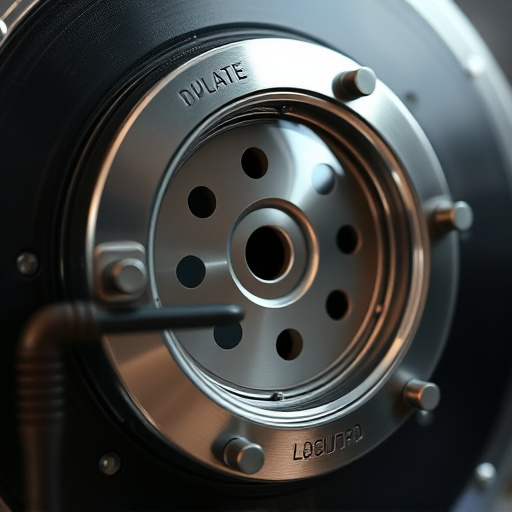
Failed sensors and actuators are common issues in high-mileage cars, often leading to costly repairs and decreased engine performance. These components play a vital role in modern vehicles’ complex systems, controlling various functions like fuel injection, ignition timing, and emissions control. Over time, these sensors and actuators can wear out due to extreme temperatures, dirty conditions, and constant operation, resulting in inaccurate readings and malfunctioning systems.
One of the most commonly replaced parts is the oxygen sensor, which monitors air-fuel mixture levels. Faulty sensors can cause poor fuel efficiency, increased emissions, and even engine damage. Other frequently replaced items include throttle position sensors, camshaft position sensors, and fuel pressure regulators, all of which are integral to the smooth operation of an engine. Regular maintenance, including replacing exhaust systems, brake pads, and exhaust mufflers as needed, can help prevent these issues.
When it comes to high-mileage cars, regularly replacing critical engine components is essential for maintaining optimal performance and preventing costly breakdowns. Worn spark plugs and ignition coils, low-quality or contaminated oil and filters, and failed sensors and actuators are common culprits that can significantly impact engine efficiency and reliability. By staying on top of these replaceable parts, car owners can ensure their vehicles continue to run smoothly, extend engine life, and avoid unexpected mechanical issues. Regular maintenance is the key to keeping your high-mileage vehicle in top shape.

